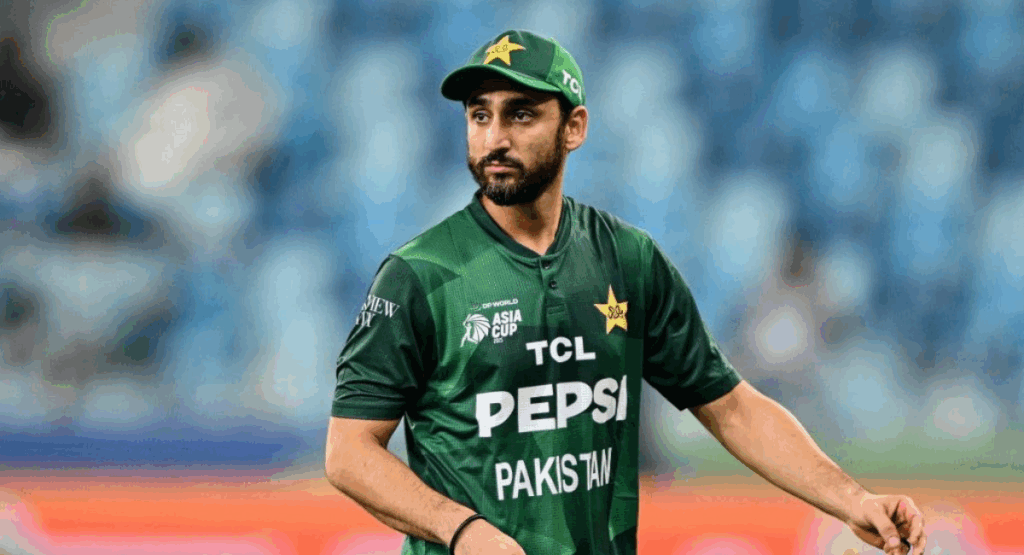
The BCCI complaint against Salman Agha has grabbed headlines after the Pakistan T20I captain made controversial remarks in a post-match press conference following the Asia Cup 2025 final. The comments, which referred to a sensitive political issue, quickly stirred reactions across cricket boards and fans alike. Consequently, the BCCI is reportedly preparing to take formal action against Agha.
During the press conference, Salman Agha declared that the Pakistan team would donate their match fees to civilians affected by India’s ‘Operation Sindoor‘, a military operation targeting terrorist camps in Pakistan and Pakistan-occupied Kashmir. Specifically, he said, “We, as a team, the whole team, we are donating our match fees to our civilians and our children who were affected in the Indian attack that happened.”
Naturally, these comments sparked a debate because they mixed political matters with cricket. Many critics argued that the statement violated the principle of separating sports from politics. Furthermore, it put the spotlight on how athletes’ words can escalate diplomatic tensions.
Following Agha’s statement, the BCCI decided to act quickly. According to sources within the board, the statement falls under the violation of the Code of Conduct, which discourages players from making political remarks during official events. Moreover, the board emphasized that such statements could harm the spirit of international cricket and attract unwanted attention to the sport.
In addition, BCCI officials have been discussing the complaint with legal advisors to ensure the issue is formally addressed. They believe that taking action now sets a precedent for maintaining the integrity of cricket in India and worldwide.
Several former cricketers and analysts have weighed in on the controversy. They generally agree that sports should remain neutral, and players should avoid political commentary in official capacities. On the other hand, some believe athletes also have a voice on global issues, highlighting the fine line between personal expression and professional responsibility. Consequently, this incident may spark broader discussions about how cricket boards can regulate players’ public statements without restricting their personal opinions.
This situation underscores the fragile balance between sports and politics. Athletes, as ambassadors of their countries, influence public perception. Therefore, their words can have far-reaching effects beyond the stadium. In this context, the BCCI complaint against Salman Agha signals the board’s commitment to upholding ethical standards and ensuring cricket remains a unifying sport rather than a divisive platform.
In conclusion, the BCCI’s decision to complain about Salman Agha highlights the responsibility athletes carry when addressing the media. While personal beliefs are valid, using a press conference to discuss political matters can create controversies that overshadow the game. Consequently, this incident serves as a critical reminder for players worldwide: their words matter just as much as their performance on the field.

